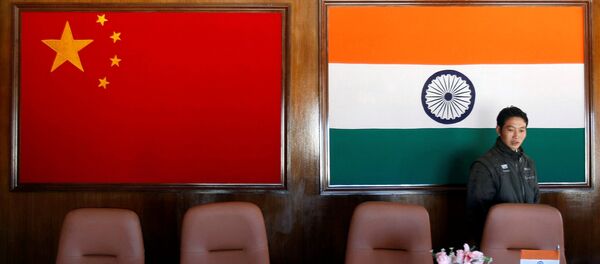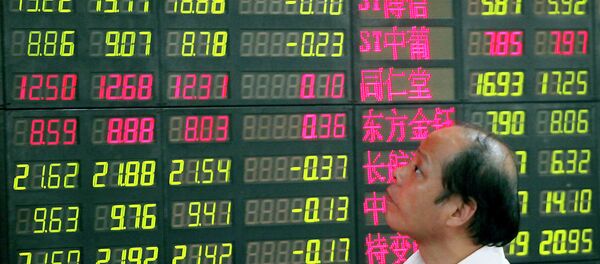After an early May skirmish between Indian and Chinese troops at the Line of Actual Control (LAC) in the Galvan Valley sector of Ladakh, the situation at the India-China border by eastern Tibet continues to remain grim.
Even as the Indian Army has sent reinforcements in the wake of a Chinese troop build-up, a section of analysts feel that there is no need for India to retaliate on the trade and tariff front. Experts also believe that in the post-COVID world, India stands to gain as the global manufacturing community is scouting for bases outside China.
"Bilateral trade issues won't go beyond a point. Point is today, there is an anti-China sentiment everywhere. It is more so in India because we are involved in a border dispute as well. But that is something which is not exclusive to India. Many countries are exploring opportunities to divert their source of supply from China", said Sahay.
"Only time will tell how successful they become. India is also getting a lot [of] enquiries as many countries feel that their governments may come up with China-specific tariffs led by the United States", Sahay said, maintaining that he does not expect higher duties or tariffs on Chinese imports in India.
Manipadma Datta, vice chancellor of the Teri School of Advanced Studies, says that both China and India stand to lose amid the confrontation. Calling them both "mature" nations, he highlights the interdependency and also the logic behind India not opting for the tariff route to an escalation of the Sino-Indian tensions.
For China, India is a major trade partner, with exports to India valued at about $74.72 billion in 2019, which was up 2.1 percent against 2018, according to the General Administration of Customs of China. Similarly, Chinese imports from India were to the tune of $17.95 billion. With this, the bilateral trade between both the countries in 2019 was to the tune of 92.68 billion, with some concern over the wide and growing trade deficit. In January of this year, while announcing the figures, Chinese Vice Minister Zou Zhiwu of the General Administration of Customs of China said that the country welcomed more high quality products from India into the vast Chinese market.
Recently, an article in the Chinese state-run Global Times, titled “Advisable for India not to engage in US-China confrontation”, suggests that India should not become a US pawn in attacking Beijing, while it refers to the growing US-China tensions as a new cold war.
The article comes weeks after Indian Prime Minister Modi announced a $266 billion stimulus package in the wake of the pandemic and declared that India will now focus on self-reliance, taking it as a learning lesson from the pandemic.
Experts feel that a solution to the Sino-Indian standoff has to be found through economic diplomacy: "China is pressurising India and is indicating that there will be military offensive if India attempts to curtail trade. In times like this, there has to be economic diplomacy, joint bargaining and arrive at a win-win proposition for both parties", Datta added.







